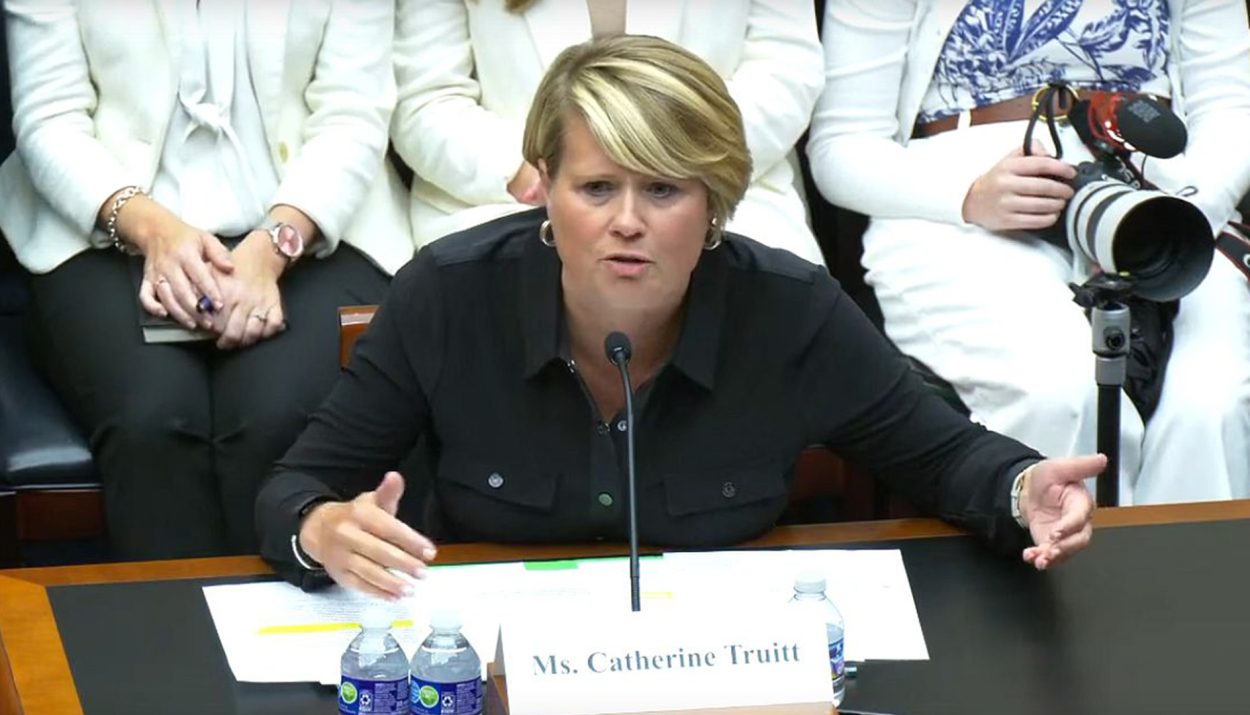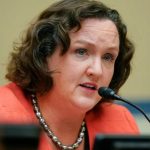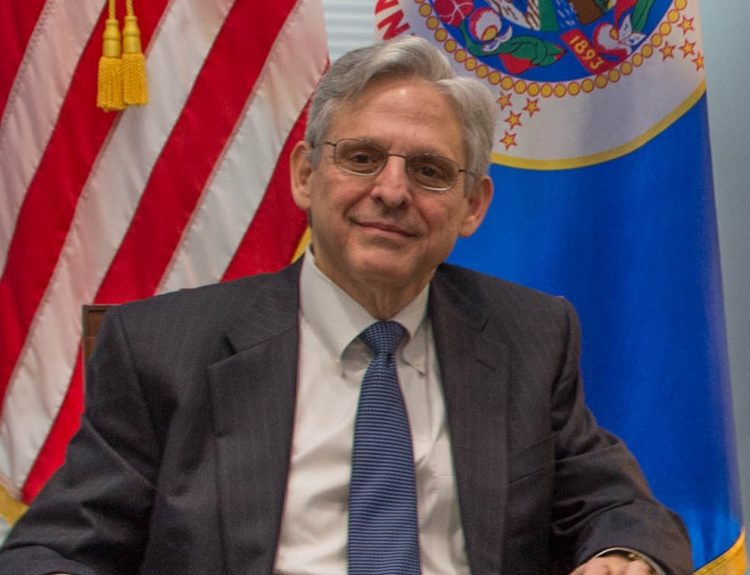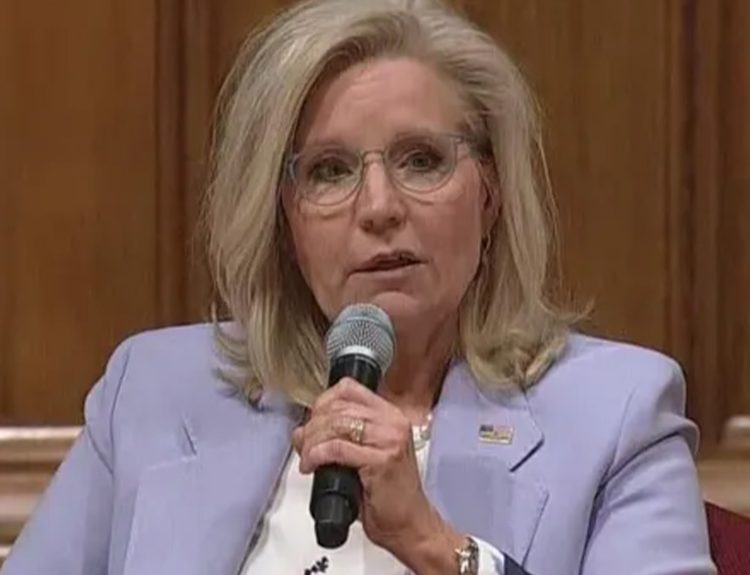In a surprising turn of events, North Carolina’s primary elections have shaken up the state’s educational leadership. Superintendent Catherine Truitt’s defeat by home-schooling advocate Michele Morrow has raised questions about the future direction of public education in the state. As the dust settles, voters are left wondering what lies ahead for North Carolina’s schools.
A Shocking Upset in the Republican Primary
In a stunning upset, home-schooling parent and conservative activist Michele Morrow defeated incumbent Superintendent Catherine Truitt in the Republican primary. Morrow, who ran unsuccessfully for the Wake County school board in 2022, criticized Truitt for not being sufficiently conservative and accused public schools of indoctrinating students with left-leaning views on race and gender.
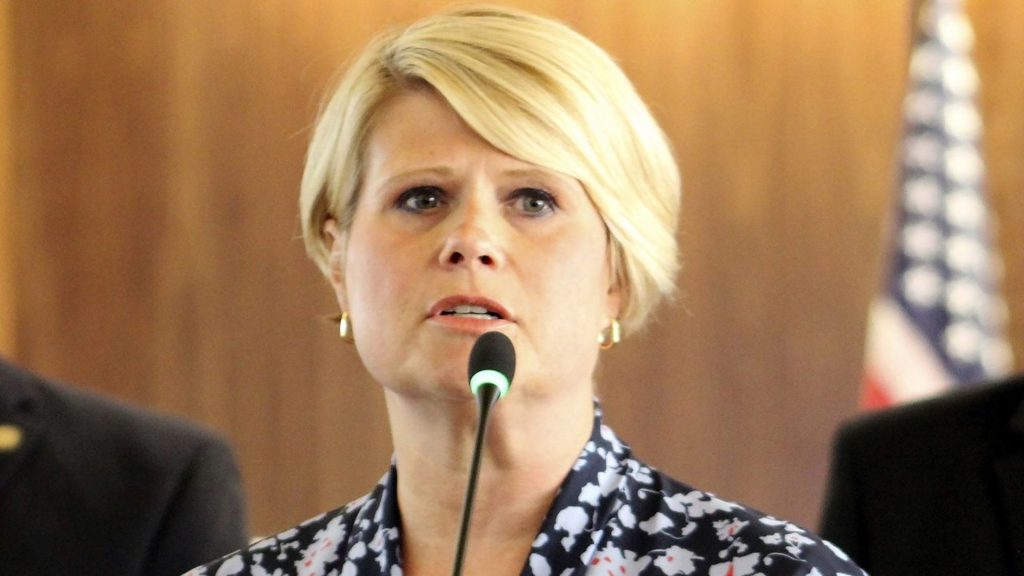
Truitt, who had the support of dozens of General Assembly members and U.S. Senator Thom Tillis, led the Department of Public Instruction through the challenges of the COVID-19 pandemic and implemented a new reading skills improvement plan. However, her efforts were not enough to secure her reelection bid.
The Rise of the Conservative Education Movement
Michele Morrow’s victory in the Republican primary highlights the growing influence of conservative activists in North Carolina’s education system. Morrow, a nurse and former Christian missionary, collected support from rural education leaders and criticized Truitt for not moving quickly enough to implement the new “Parents’ Bill of Rights.”

Morrow’s campaign focused on prioritizing scholastics over diversity, equity, and inclusion initiatives, and she has vowed to make schools “the safest buildings in our state.” Her success in the primary suggests that many Republican and unaffiliated voters are dissatisfied with the current direction of public education.
The Democratic Challenger: Maurice “Mo” Green
In the November general election, Morrow will face off against Democrat Maurice “Mo” Green, a former Guilford County schools superintendent and previous head of the Z. Smith Reynolds Foundation. Green won the Democratic primary over two rivals and brings a wealth of experience in education leadership to the race.

As the state superintendent race moves into the general election, voters will have a clear choice between Morrow’s conservative activism and Green’s more traditional approach to education leadership. The outcome of this race could have significant implications for the future of North Carolina’s public schools.
The Limits of the State Superintendent’s Power
While the state superintendent is the head of the Department of Public Instruction, it is important to note that statewide school policy is ultimately determined by the State Board of Education. The governor makes the majority of appointments to this board, which could limit the impact of the new superintendent’s agenda.
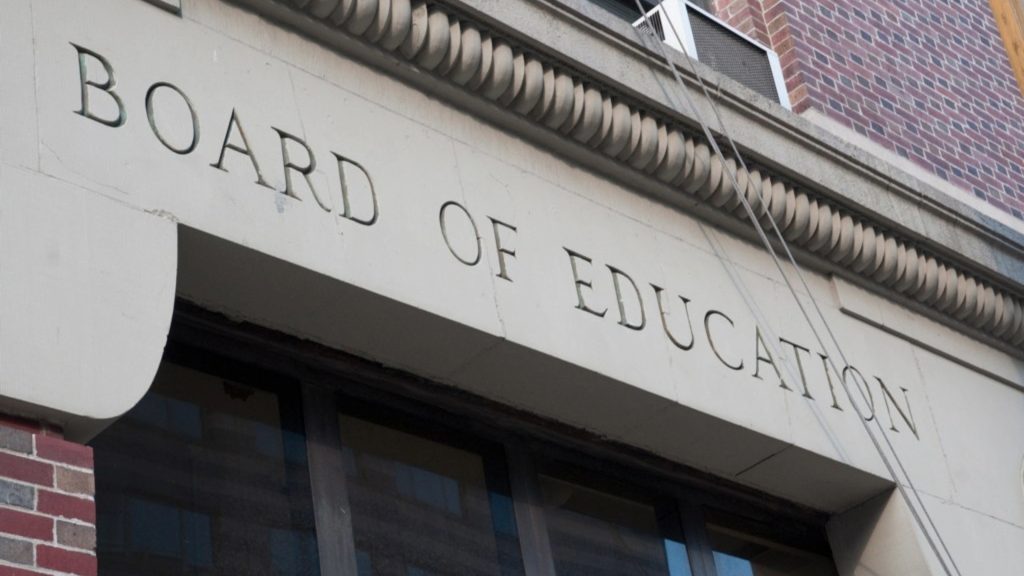
Regardless of who wins the general election, the new state superintendent will need to work closely with the State Board of Education and the governor’s office to implement their vision for North Carolina’s schools. This collaboration will be essential to addressing the challenges facing the state’s education system.
Truitt’s Legacy and Future Plans
Despite her primary defeat, Catherine Truitt expressed pride in her accomplishments during her tenure as state superintendent. In a Facebook post, she wrote, “While the election did not go the way I had hoped, I’m deeply proud of what we accomplished and I am gratified by the support of educators, parents, school and legislative leaders and so many others from across the state.”

As Truitt prepares to leave office at the end of the year, many are wondering what the future holds for her. With her extensive experience in education policy and leadership, she is likely to remain an influential figure in North Carolina’s education landscape.
Morrow’s Controversial Past
Michele Morrow’s victory in the Republican primary has not been without controversy. It was reported that she participated in the march on the U.S. Capitol on January 6, 2021, to protest Joe Biden’s victory in the 2020 presidential election. However, Morrow has stated that she left the area when ordered by authorities and did not enter the building.
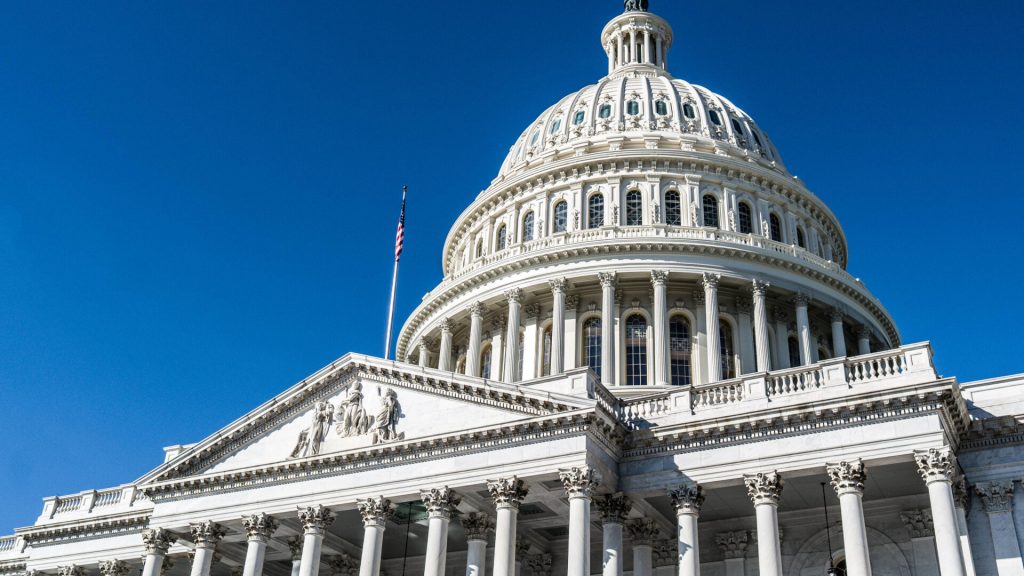
This revelation has raised questions about Morrow’s political beliefs and her ability to lead North Carolina’s public schools in a nonpartisan manner. As the general election campaign begins, voters will likely seek more information about Morrow’s background and her vision for the future of education in the state.
Other Statewide Races Head to Runoffs
In addition to the state superintendent race, two other statewide Republican primaries are poised to head to runoffs on May 14. In the 11-candidate GOP primary for lieutenant governor, Hal Weatherman and Jim O’Neill finished first and second, respectively. The winner will face Democratic nominee and state Sen. Rachel Hunt in the general election.
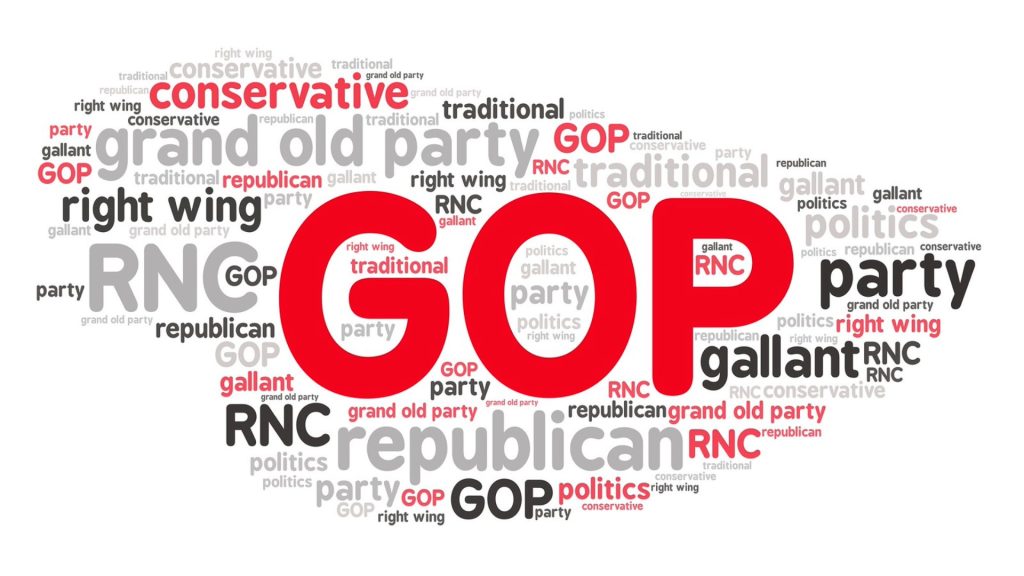
Similarly, in the Republican primary for state auditor, Jack Clark and Dave Boliek finished first and second. The winner of the runoff will face Democratic incumbent Jessica Holmes in November. These races highlight the competitive nature of North Carolina’s statewide elections and the importance of the upcoming runoff contests.
Legislative Upsets and the Future of the General Assembly
The primary elections also saw several notable upsets in the state legislature. In the Democratic primary for the state Senate, Sophia Chitlik defeated incumbent Sen. Mike Woodard, who had been in office since 2013. Chitlik, who received the endorsements of influential Durham political committees, will face a Libertarian Party candidate in November.
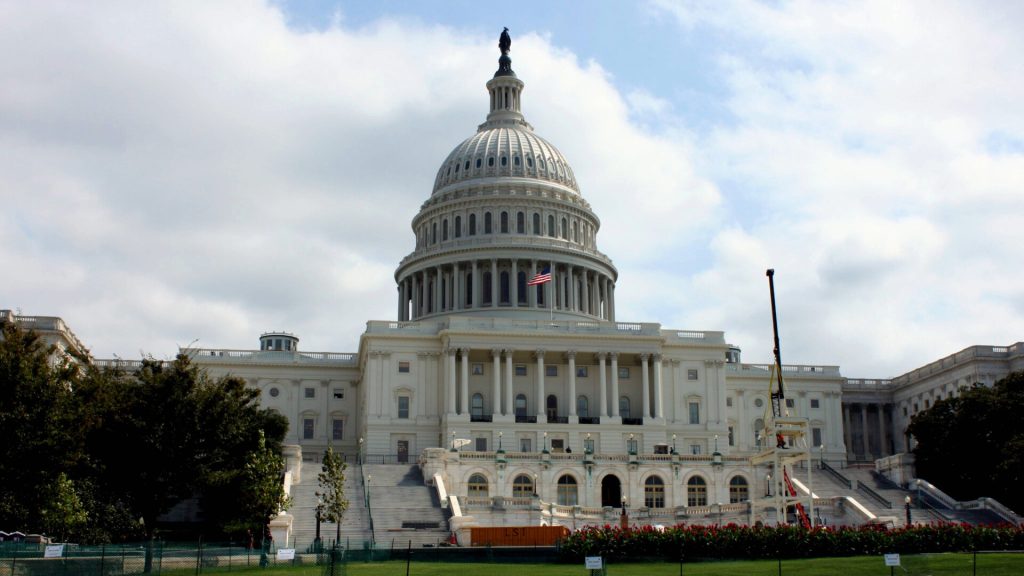
In the Republican primary for the state House, first-term Rep. Kevin Crutchfield was defeated by Brian Echevarria, who will face a Democratic rival in the fall. These legislative upsets suggest that voters are looking for fresh perspectives and new leadership in the General Assembly.
The Debate Over Education Policy Continues
As the general election approaches, the debate over education policy in North Carolina is likely to intensify. With Michele Morrow’s victory in the Republican primary, conservative activists are poised to have a greater influence on the state’s education agenda. However, supporters of the current system are likely to push back against efforts to drastically reshape public education.
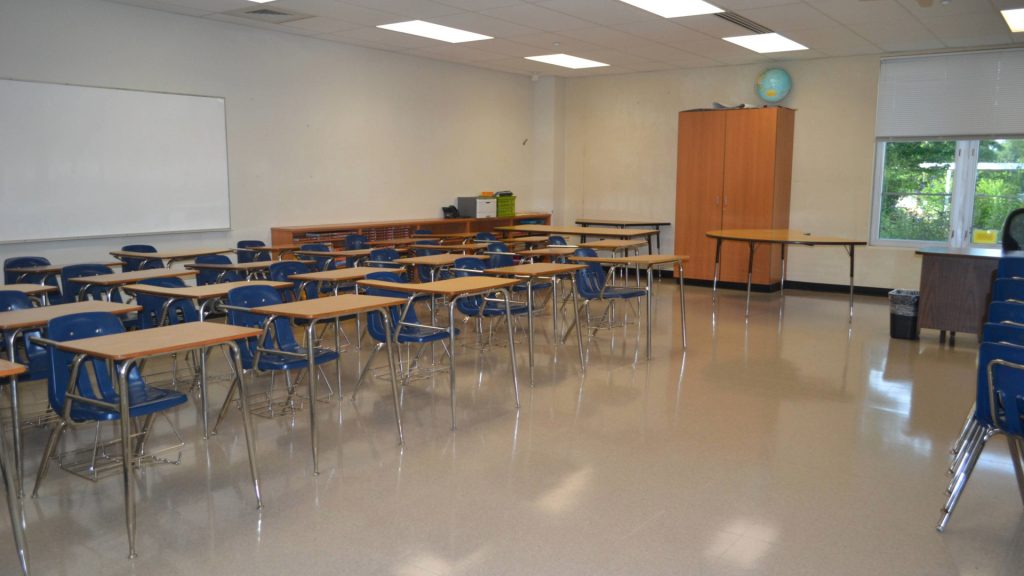
Ultimately, the future of North Carolina’s schools will depend on the ability of policymakers, educators, and community members to find common ground and work together to address the challenges facing the state’s education system. The upcoming general election will be a crucial test of the public’s priorities and vision for the future of education in North Carolina.
The National Context of Education Reform
The developments in North Carolina’s education leadership are not occurring in a vacuum. Across the country, debates over issues such as school choice, curriculum content, and the role of diversity and inclusion in education are becoming increasingly contentious. The outcome of North Carolina’s state superintendent race could have implications for these broader national conversations.
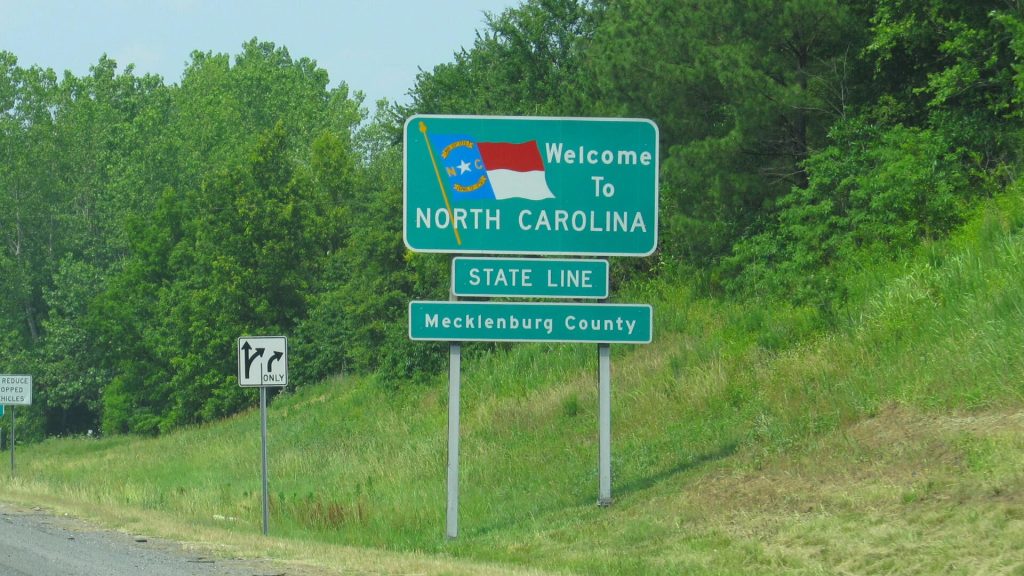
As the general election campaign unfolds, it will be important to watch how the candidates position themselves about these national trends and how their messages resonate with voters in North Carolina and beyond.
The Importance of Local School Boards
While the state superintendent race has garnered significant attention, it is important to remember the crucial role that local school boards play in shaping education policy. These elected officials are responsible for making decisions about curriculum, budgets, and personnel that have a direct impact on the day-to-day experiences of students and teachers.
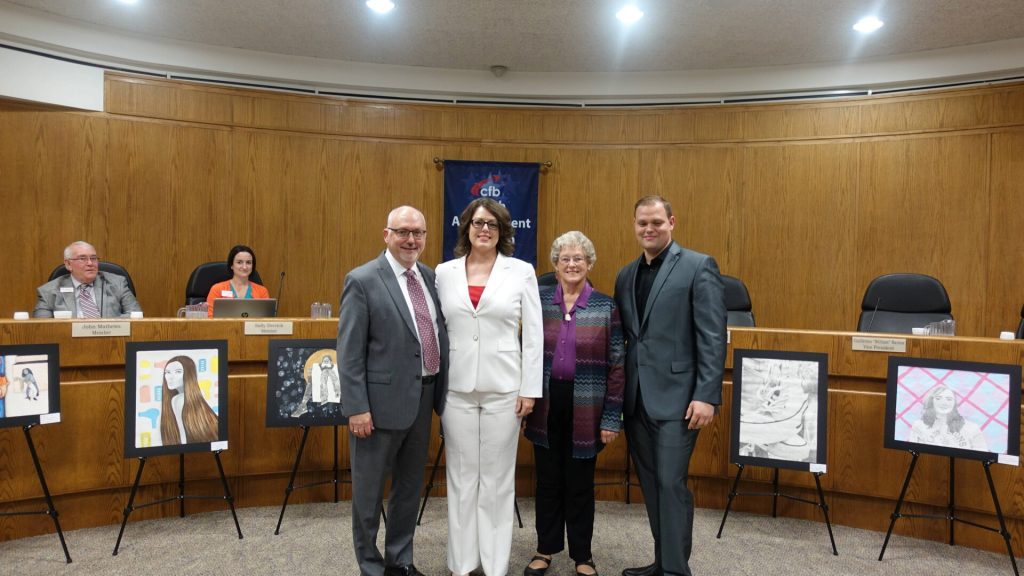
As the debate over education policy continues at the state level, it will be essential for voters to remain engaged with their local school boards and to advocate for the policies and practices that they believe will best serve their communities.
The Need for Collaboration and Compromise
Regardless of the outcome of the general election, the new state superintendent will face significant challenges in leading North Carolina’s public schools. With differing visions and priorities among policymakers, educators, and community members, finding common ground and building consensus will be essential to making progress on key issues.

The success of North Carolina’s education system will depend on the ability of all stakeholders to engage in good-faith dialogue, to listen to each other’s concerns and perspectives, and to work together in the best interests of students. Only through collaboration and compromise can the state hope to build a brighter future for its schools and its children.
The Stakes for North Carolina’s Students
Ultimately, the debate over education policy in North Carolina is about much more than political maneuvering and ideological battles. At stake is the future of the state’s children and their ability to thrive in an increasingly complex and competitive world.

As voters head to the polls in November, they will need to consider carefully which candidates and policies are best positioned to provide North Carolina’s students with the knowledge, skills, and opportunities they need to succeed. The choices made in this election will have far-reaching consequences for generations to come.
A Crossroads for North Carolina’s Schools
The primary elections have revealed deep divisions and differing visions for the future of education in North Carolina. As the general election campaign begins, voters will have a clear choice between the conservative activism of Michele Morrow and the more traditional approach of Maurice “Mo” Green.

Regardless of the outcome, the new state superintendent will face significant challenges in leading the state’s public schools through a period of rapid change and intense debate. The success of North Carolina’s education system will depend on the ability of all stakeholders to find common ground, prioritize the needs of students, and work together in a spirit of collaboration and compromise. The future of the state’s schools hangs in the balance.

